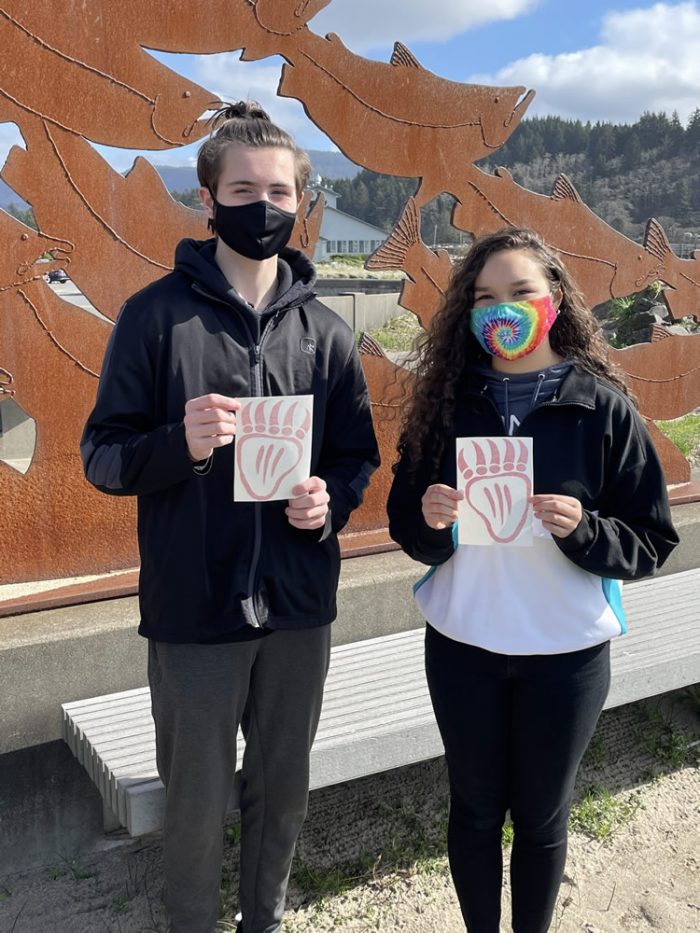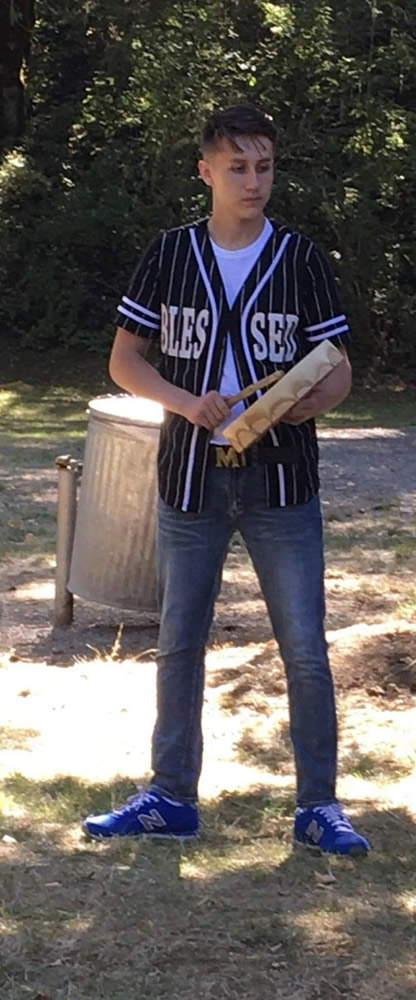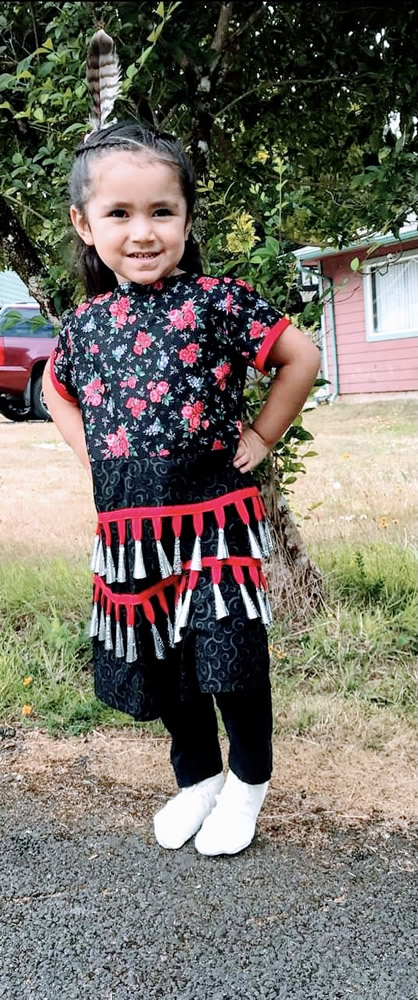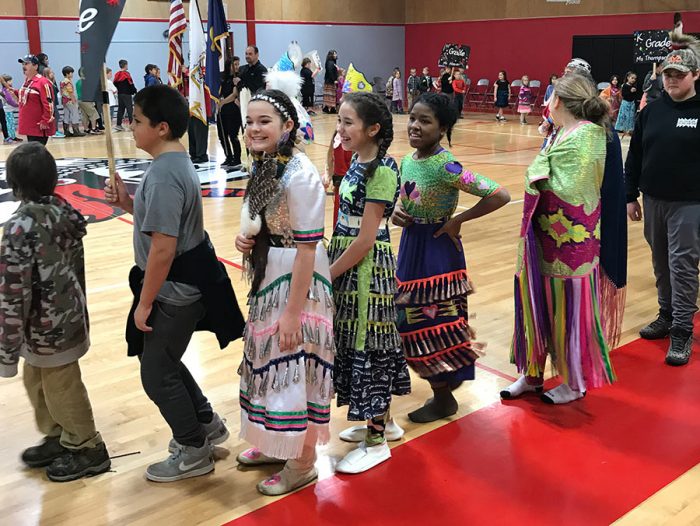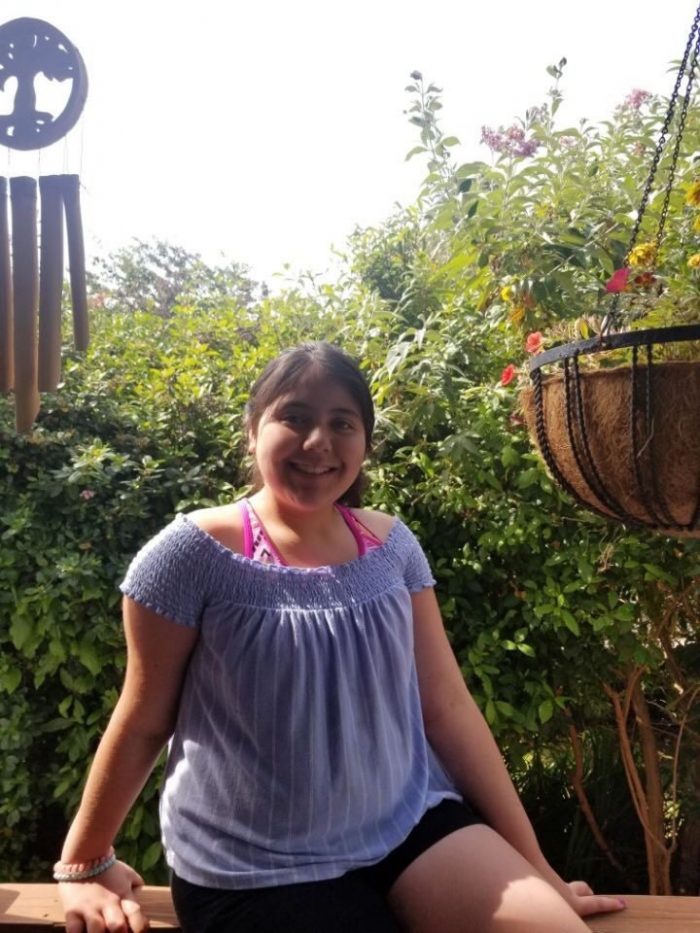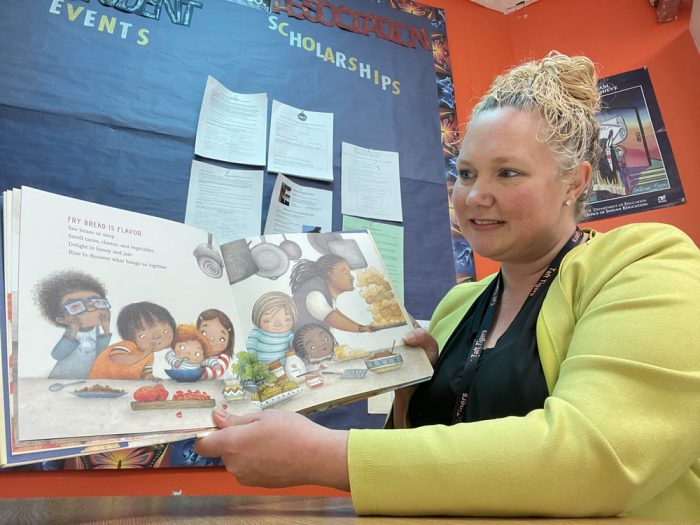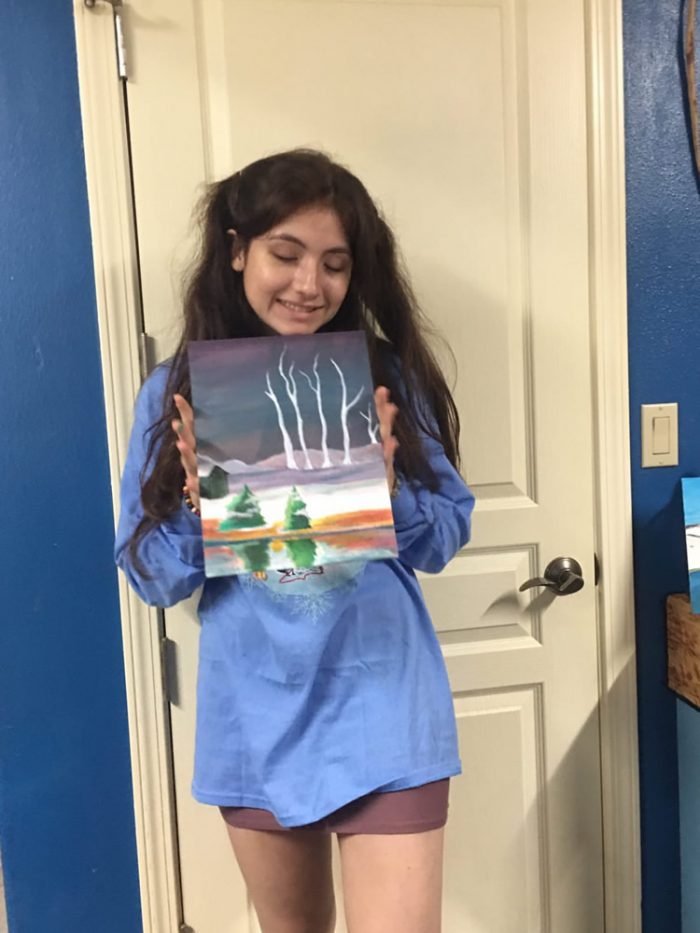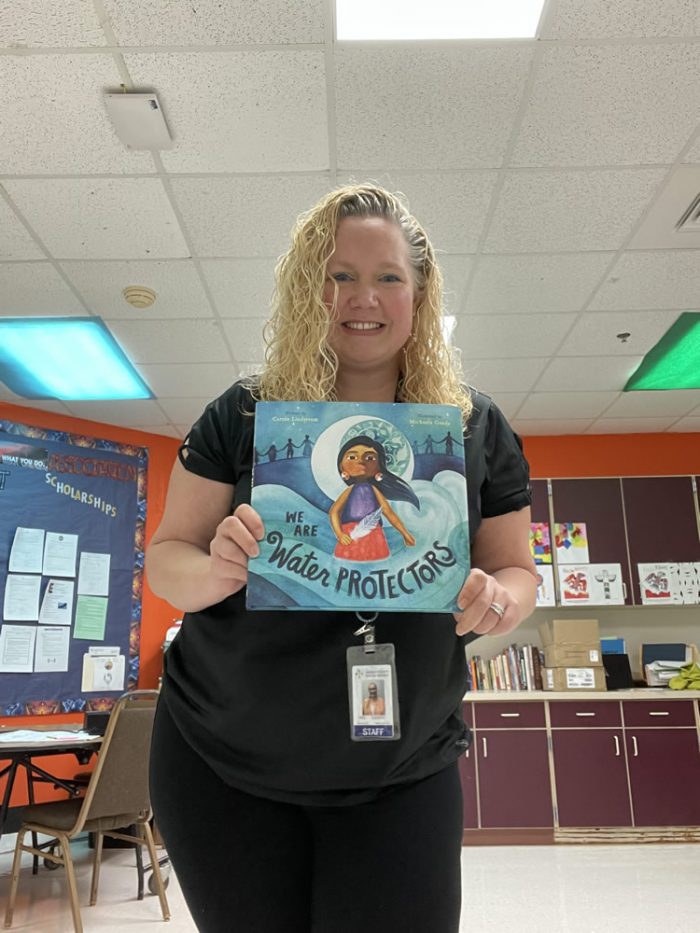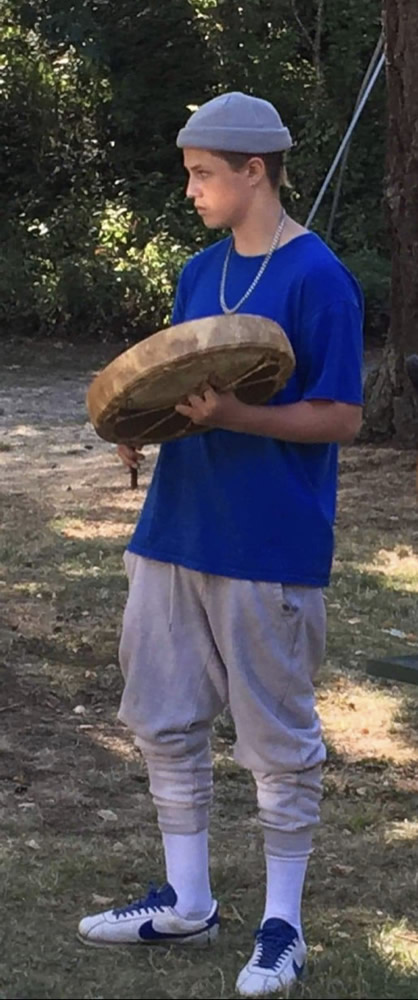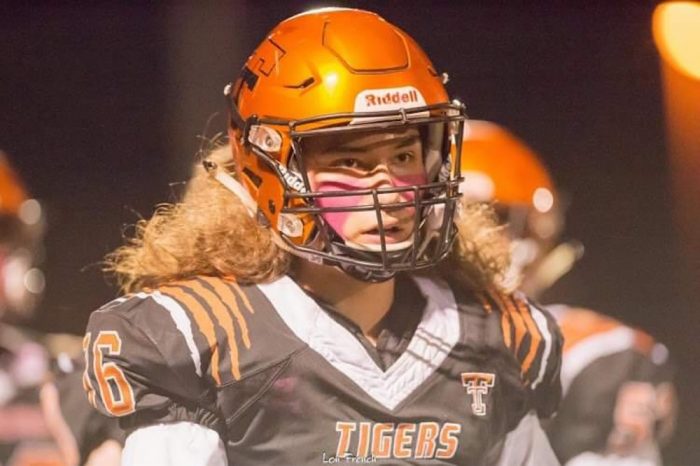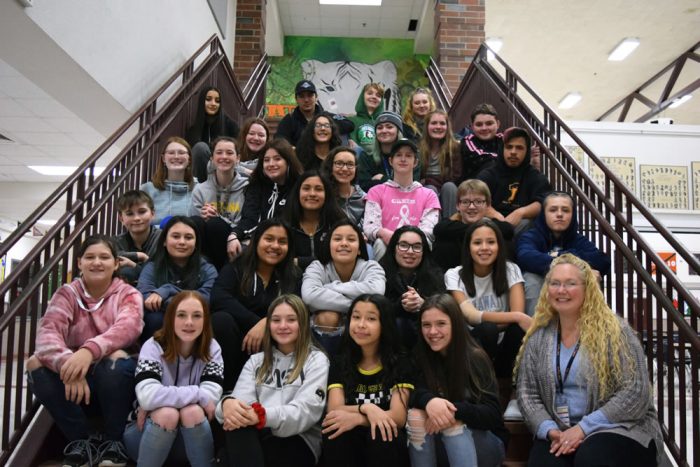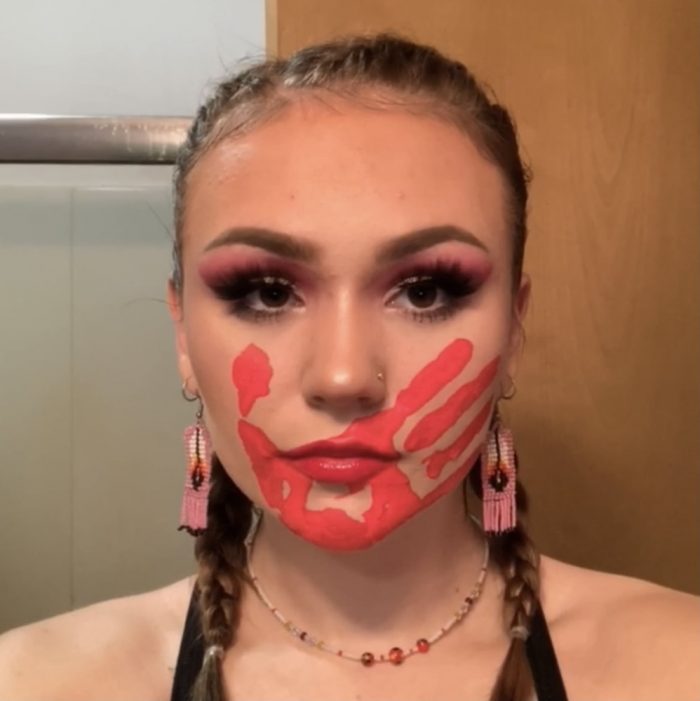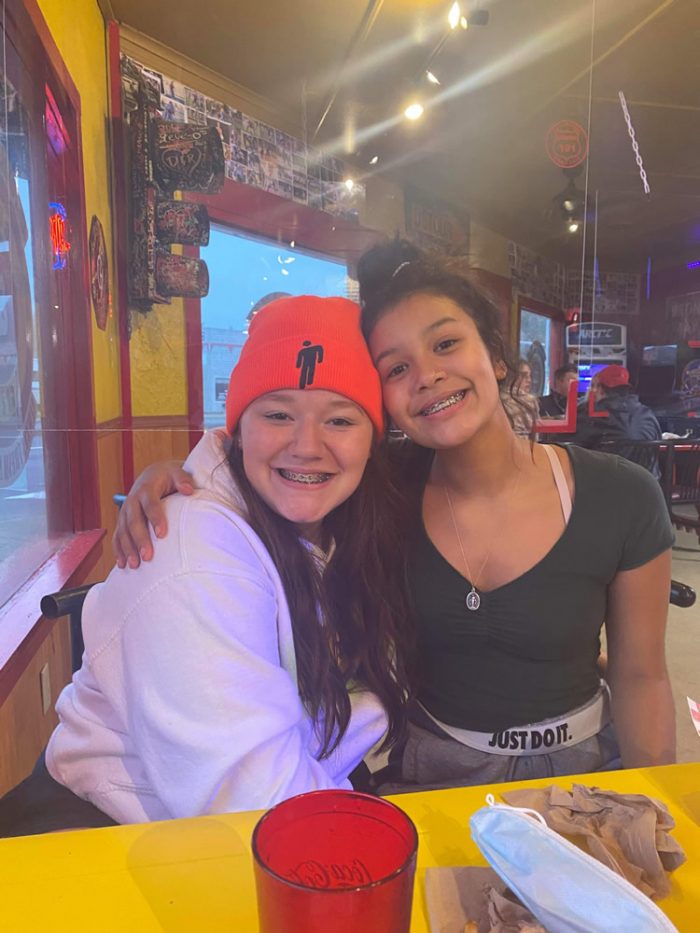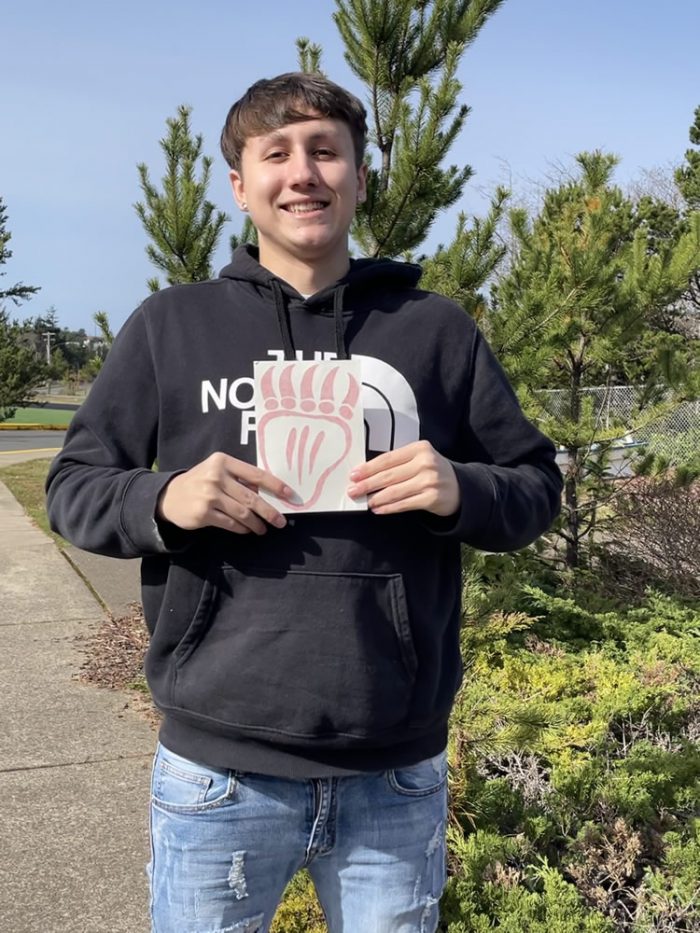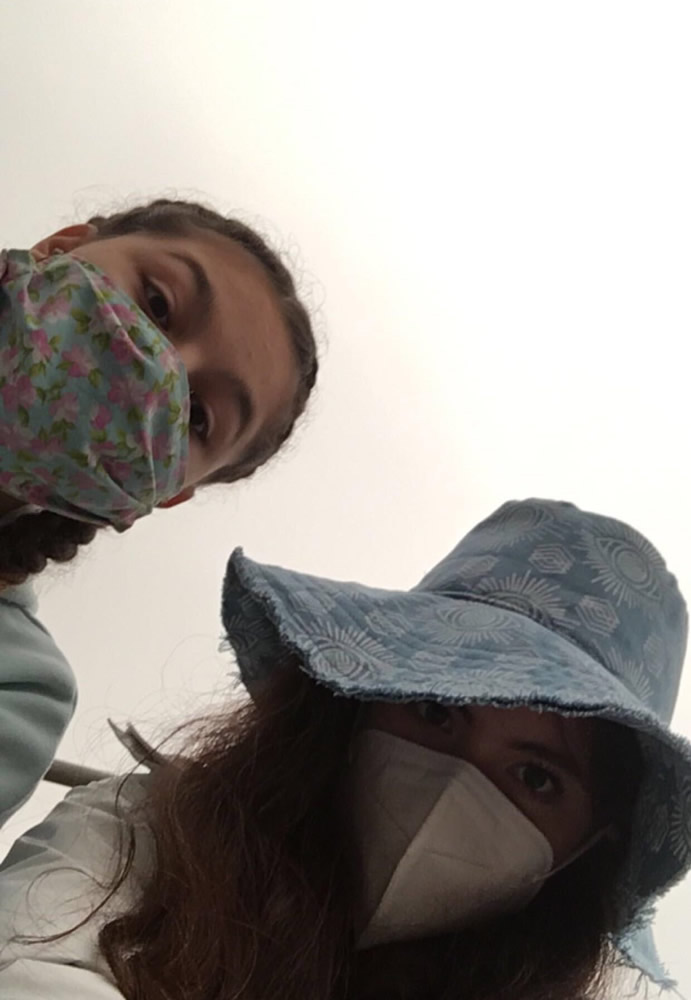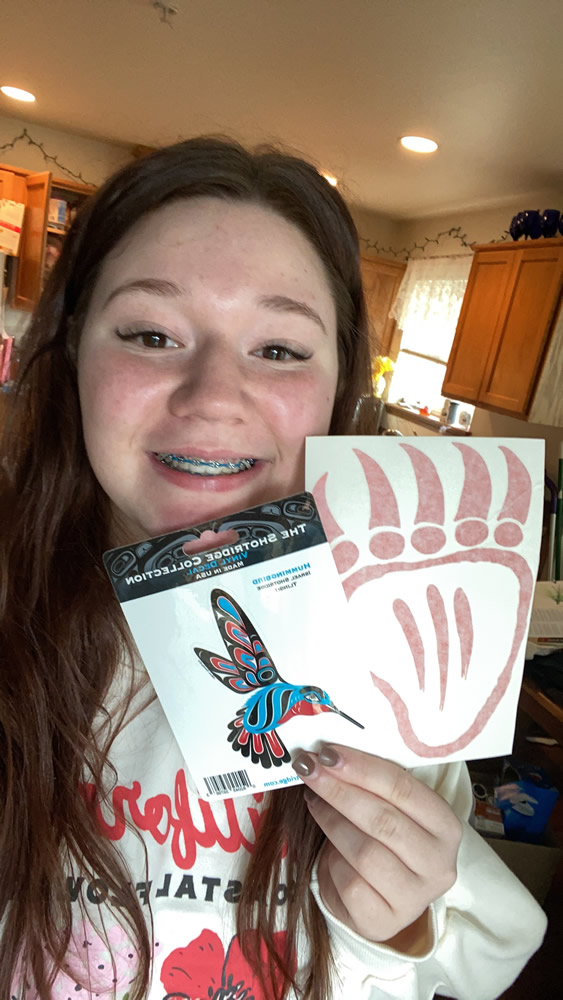LCSD Indian Education Title VI Committee Meetings
View our monthly 2024/25 LCSD Indian Education Title VI Parent Committee Meeting agenda and summary notes at the link(s) below.
April 2025 Parent Committee Meeting Notes
LCSD Indian Education Title VI Videos
Native American Heritage Month Videos:
- Week 1 – K-2 Pow Wows – link here
- Week 2: Rock your Moccs – link here
- Week 3: Canoe Journey – Canoe Learning – link here
- Week 4 Giving Thanks – link here
Indigenous Peoples’ Day Preteach:
- Week 1- Intro to Indigenous Peoples’ Day Event at your school – link here
- Week 2 – Orange Shirt Day – link here
- Week 3 – Cultural Appreciation vs. Cultural Appropriation – link here
- Week 4 – Indigenous Peoples’ Day – link here
Newsletters
Enjoy this special video created by our TAPP Program on Making 3 Strand Bone Pipes
LCSD Title VI: Indian Education
Title VI Indian Education is a federally-funded program through the Lincoln County School District that has served Native students grades kindergarten through 12 since 1975. Students from tribes of Alaska and the U.S. are included (yes, there are Natives in Canada and Mexico but they aren’t covered by this program, with certain exceptions). In order to be served, parents need to fill out an Indian Education Enrollment Form for each of their Native children in school and submit it to their school. You only need to fill it out once for the student’s entire school career.
Indian Education Enrollment 506 form
Indian Education provides services for American Indian and Alaska Native students. These services consist of meeting the educational and cultural needs of our students in our schools.
We provide:
Advocacy for our students
Liaisons for community and tribal resources
Provide tutoring and academic advising
Host cultural and literacy events
Native Student Association is our student club for all Native and Non-Native students. We focus on making a positive impact in our schools and community while bringing awareness to our culture and beliefs for all students. You can follow us on Instagram at Taft_NSA.
Contact information: Alyssa Redmond at 541-996-2115 ext. 138
alyssa.redmond@lincoln.k12.or.us
Follow us on Facebook and Instagram
Online Tribal Directory
National Congress of American Indians
Sandy Mummey
Healthy and Equitable Schools Administrator
Email: sandy.mummey@lincoln.k12.or.us
Phone: 541-574-0501
Felisha Howell
East Area (Siletz and Toledo) Indian Education Specialist
Email: felisha.howell@lincoln.k12.or.us
Phone: 541-444-1100 ext. 103
Alyssa Redmond
North Area Indian Education Specialist
Email: alyssa.redmond@lincoln.k12.or.us
Phone: 541-996-2115 ext. 138
Isaac Butler
West (Newport), South (Waldport) and Eddyville Area Indian Education Specialist
Email: isaac.butler@lincoln.k12.or.us
Phone: 541-265-9281 ext. 314
Everyone needs to fill out this: The FAFSA, an application for federal student aid, is the first step. Apply for a PIN ahead of time (student and parent both apply, get different numbers which will be linked. Write it down somewhere as you will use it all through college.) Submit it, using last year’s tax info if you must, as early in January as possible. Put in this year’s tax info later, once it’s completed.
Wide-ranging search sites and explanations of types of aid: On these sites, try searching for “Native American”, “American Indian”, “diversity” or “minority” to get scholarships that are more specifically aimed at Indian students.
- FinAid
- FAFSA and Financial Aid Resources
- Financial Aid and Scholarships for Students
- studentawards.com
- bigfuture (Financial Aid 101)
- Student Aid
- fastweb
- Nationally Coveted College Scholarships, Graduate Fellowships & Postdoctoral Awards
- Paying for College and Financial Aid
Minority and Underrepresented Student Scholarships:
- American Indian College Fund
- American Indian Education Foundation
- National Center for American Indian Enterprise Development
- Indian Health Service
- Intertribal Timber Council
- Catching the Dream
- Daughters of the American Revolution
- Gates Millenium Scholarship
- American Indian Graduate Center
- Scholarships for Native Americans
- Scholarships for Minorities
- Financial Assistance for Low-Income Students
- Prestige Scholarships for College
- Accedited Schools Online Scholarships for Native Americans
Tribal Higher Ed. Support: for any tribally based scholarships, the student needs to first fill out the FAFSA and submit it to the federal government. Students are well-advised to seek out whatever scholarships they qualify for in addition to tribal money, as there are always more expenses than will be covered. All tribally-based scholarships require that the student themselves be an enrolled tribal member.
- Cherokee Nation of Oklahoma tribal members
Generally, any tribal member applying who also qualifies for a PELL grant & who lives out of Oklahoma will get tribal support of $1,000 per semester for which the student must offer community service of 1 hour/$100 of aid. - Siletz tribal members
The Tribe will cover, for an in-state public institution, tuition, fees, books & supplies or the unmet need, whichever is less, after the student has applied for federal and school aid.
Scholarships worth looking at:
Oregon colleges’ own financial aid:
These are some helpful websites for researching Indian ancestry. They are all free.
- Cyndi’s list for genealogy sites
- Rootsweb is the free branch of ancestry.com
- Family search gives the 1880 census and the Social Security Death Index for free. It also will give information about your local Family History Center where they have helpful volunteers & access to ancestry.com and many microfilms, also for free.
- Access genealogy has many helpful sites for Indian ancestry
- US gennet is a massive volunteer genealogy data project arranged primarily by state but also by topic
- Although not specific to Indians, many families will be interested to know their connection to the Civil War. Military unit will be given when you search by name. Indian soldiers’ units were often designated as “colored”, though Indians also served in white units.
- Government land records
- Burial records can help find dates and names for a family tree. Here are two sources of cemetery records: http://www.findagrave.com/ and http://www.daddezio.com/cemetery/
- All of the US census records are on microfilm and available to study for free at the Seattle national archives. There’s also lots of Indian family information there, too, such as Indian school enrollment records.
- You’ll often want to look at the birth or death certificate for family surnames & places of birth/death, as well as needing these documents to prove descendancy from an enrolled tribal member. This site will give you the information for how to order them.
- Funeral directors collect the same information that death certificates have (except cause of death usually), and they are often helpful without fees if you call them. A published obituary can tell you who handled the funeral, and a call to the funeral director may give you the name of surviving family members, name of parents, etc. If you know the place of death, try the directors in the area. Neither is a complete listing. http://www.usafuneralhomesonline.com/state-directory.html or http://www.funeralhomesguide.com/

